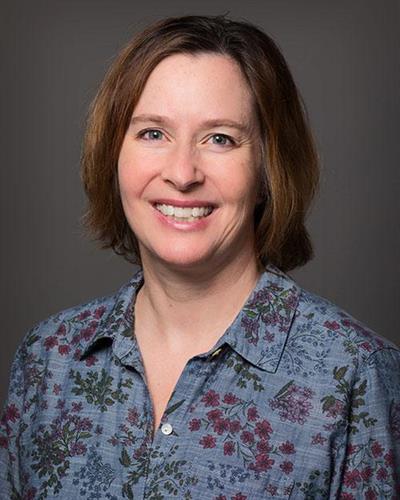
Verse 2022 Faculty
Biology

Catherine Freudenreich
Professor
The Freudenreich lab studies genome instability: how DNA breaks occur, how they are repaired, and how these processes contribute to human genetic disease, including repeat expansion diseases (like Huntington's disease) and cancer. We use baker's yeast as a model organism to address these questions. The course prerequisite is Genetics; additionally a course in Molecular Biology is preferred.
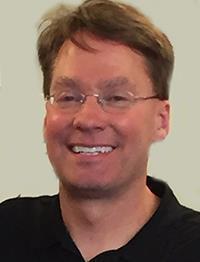
Mitch McVey
Professor
Students will study how organisms tolerate DNA damage, largely using the Drosophila model system. Questions may include: what proteins are important for the repair or bypass of DNA damage and how does redundancy allow the organisms to be resilient in different damage contexts?
Chemistry
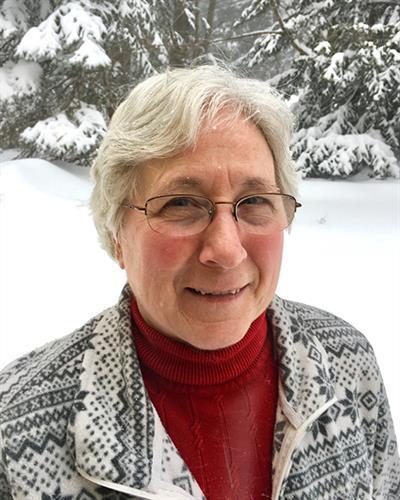
Mary Jane Shultz
Professor
The project involves developing a silica scaffold for use in clean water and energy-related products. Physical Chemistry I - thermodynamics is very helpful.
Child Study and Human Development
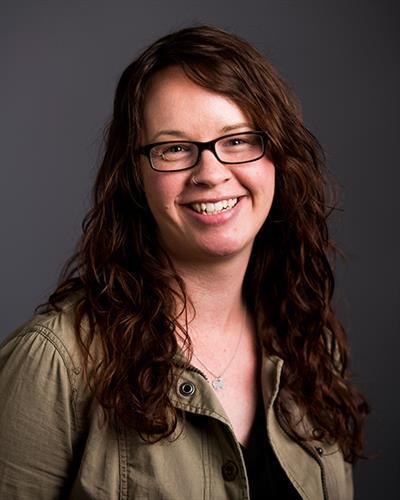
Sara K. Johnson
Evans Family Assistant Professor
Students can work on one of several research projects on the topic of how adolescents and young adults make decisions about whether and how to be civically engaged, and whether and how they aim to promote social justice in their civic actions. Tasks include data collection (e.g., sending recruitment emails), data analysis (both interviews and surveys), and writing scientific reports (articles and presentations). Students must have a major or minor in a social science field (examples include CSHD, Psychology, Sociology) or significant coursework, ideally including at least one course in social science research methods (e.g., design, quantitative methods or statistics, or qualitative methods).
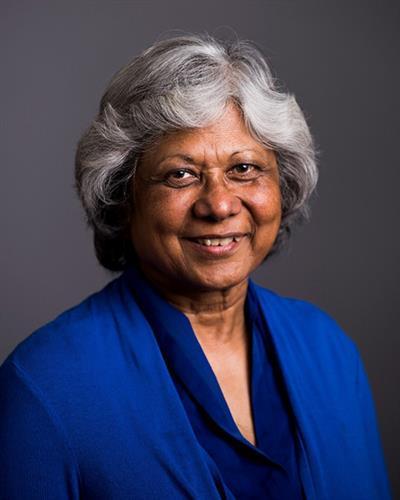
Jayanthi Mistry
Professor and Chair
Students can work on datasets consisting of narrative accounts (stories) told by youth on salient developmental experiences, including experiences of being marginalized. Students will be involved in data analysis of the stories, reading papers on the conceptual frameworks used to guide data analysis, and on methods of narrative analysis.
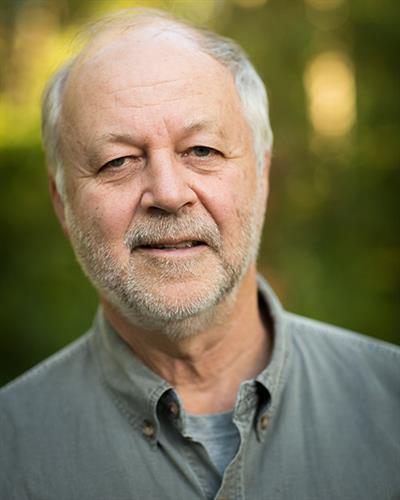
George Scarlett
Senior Lecturer
Research to develop the Tomorrow’s Earth Stewards (TES) web magazine. The Verse student will work closely with the TES Editor to develop new resources to serve all those engaged in supporting children’s and teens’ development as earth stewards. The primary focus of TES is on resources for promoting eco-literacy, not only knowledge about how Nature works but also an attitude and commitment to caring for the natural world.
Classical Studies
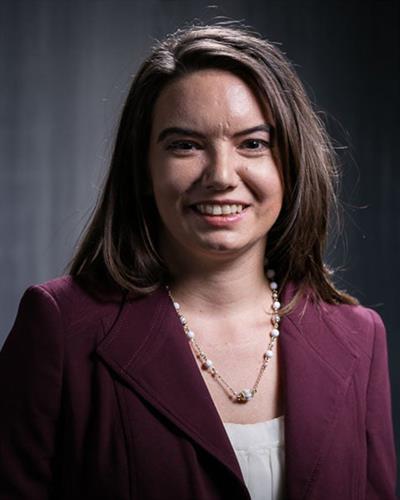
Marie-Claire Beaulieu
Associate Professor
The project involves encoding and pursuing research on Greek mythology for the Digital Glossary of Greek Birds. Students should be familiar with either Greek or Latin, and will gain experience with Digital Humanities and research methods in classical studies. In summer 2022, in addition to encoding, students will have the opportunity to participate in data analysis and publication of results.
Community Health/Occupational Therapy
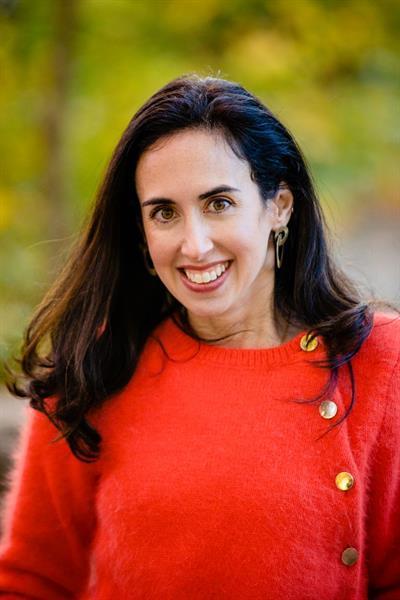
Keren Ladin
Associate Professor
Structurally marginalized groups experience disproportionately low rates of organ transplantation. To improve equitable patient-centered transplantation, our research examines the role of implicit and explicit bias in transplant listing decisions and tests an intervention to reduce bias among clinicians.
In transplantation, our research considers policy tradeoffs, such as balancing ethical principles of equity, efficiency and justice, in attempt to optimize fairness in organ allocation. Given that transplantation is a rare example of public rationing of life-saving treatment in United States, it provides an ideal case for studying procedural fairness and distributive justice in the context of the our health care system.
Other lab projects offer opportunities to examine shared decision-making and quality of life among older adults with complex conditions, such as end-stage kidney disease.
ENG/Biomedical Engineering
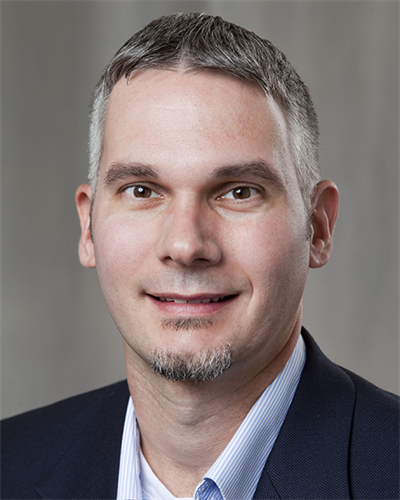
Lauren Black
Associate Professor
The Black Lab studies the role of extracellular signaling in the development of healthy and diseased cardiac tissue. We use engineering systems to probe how properties of the microenvironment induce phenotypical changes in relevant cardiac cells. Students will be doing cell culture; so some experience with aseptic technique and mammalian cell culture is preferred, but not required.
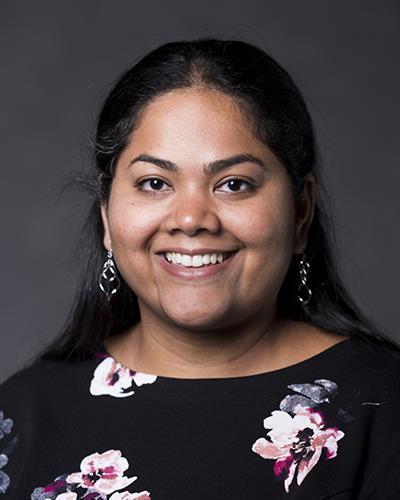
Srivalleesha Mallidi
Assistant Professor
Students will work in the Integrated Biofunctional Imaging and Therapeutics Laboratory (iBIT Lab).
ENG/Computer Science
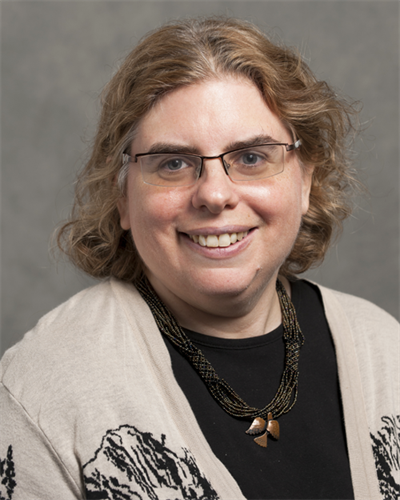
Lenore Cowen
Professor
Network approaches are a very powerful way to discover sets of genes that work together in the cell to accomplish a biological task, or sets of genes that might be dysregulated in disease. We will investigate graph theoretic and network embedding methods to make sense of biological data, with applications to understanding human traits and diseases, such as Crohn's disease. Recommended background: comfort and familiarity with at least one programming language, such as Python or R.
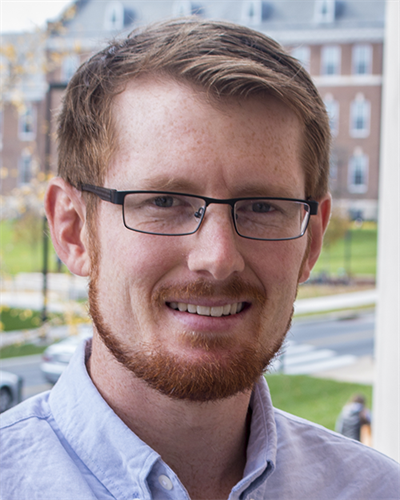
Daniel Votipka
Lin Family Assistant Professor
Our group investigates how experts in various domains (e.g., software development, network operations, and patient care in hospitals) perform routine computer security tasks. Students can work on one of several research projects in this area, supporting data collection (e.g., surveys/interviews, online data scraping), analysis (qualitative and/or quantitative), and producing scientific reports. For example, a student could study the educational resources available to experts by collecting a dataset of online resources and using a mix of qualitative and quantitative metrics to evaluate their usefulness. A background in human-subjects research or computer security would be helpful, but neither is necessary.
ENG/Electrical and Computer Engineering
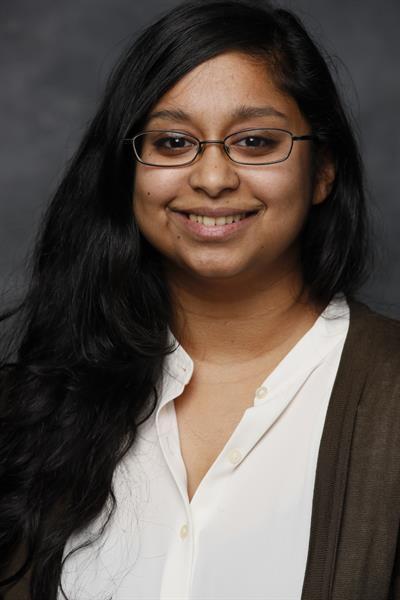
Aseema Mohanty
Clare Boothe Luce Assistant Professor
Students will conduct nanophotonics (chip-based optics) research for applications in optical beam shaping, neural and biomedical devices, and quantum computing and communications. Projects can range from computational device design to developing and testing optical chips. Familiarity with an electricity and magnetism or optics course and python programming is helpful, but not required.
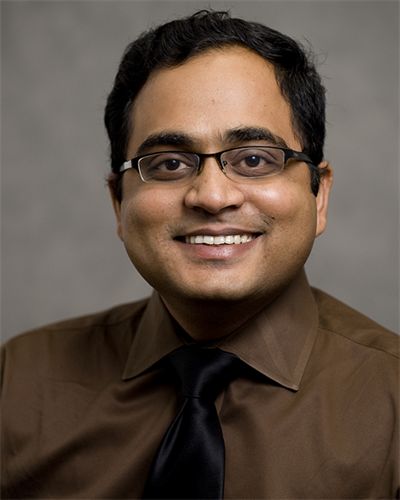
Sameer Sonkusale
Professor
Sonkusale group "Nano Lab" work on next generation of wearable and implantable devices. Research experience span from the development of material and sensors, to the development of integrated prototype using existing sensors. Background in any engineering disciplines will be relevant for the project. Please visit www.nanolab.info for more information on the ongoing research projects.
Mathematics
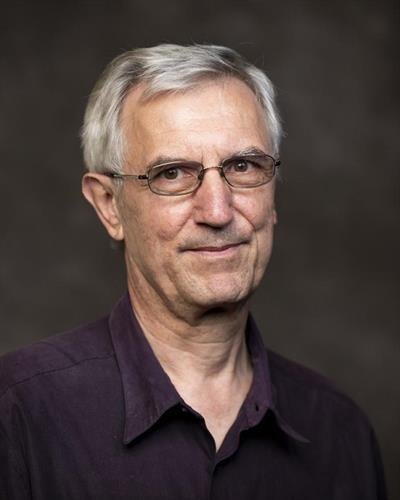
Christoph Börgers
Professor
We will explore stochastic differential equations models in neuroscience or epidemiology. Students must have taken single-variable calculus. They should also be willing to learn about differential equations, probability, and computer programming (to a large extent), but they need not have a background in any of those areas.
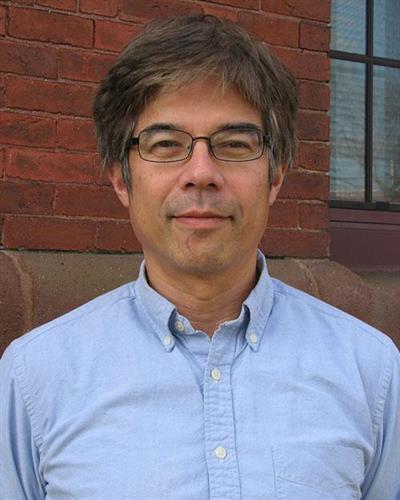
Fulton Gonzalez
Professor
We'll do research on some mean value properties of graph Laplacians and how group theory may be brought to bear in discovering and proving these properties. Linear algebra is a prerequisite; some familiarity with group theory is desirable but not essential.
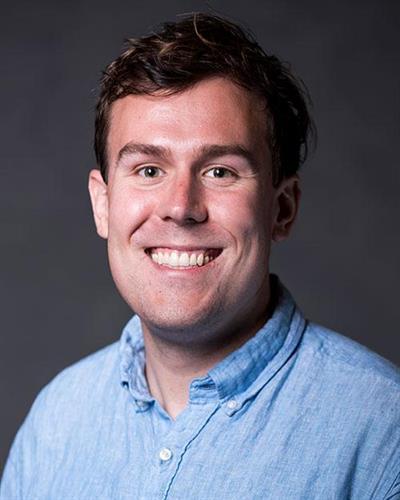
James Murphy
Assistant Professor
Problems in applied mathematics and data science are the focus. Potential projects include anomaly detection, biomedical image processing, and remote sensing. Students should have some experience in coding, linear algebra, and probability and statistics.
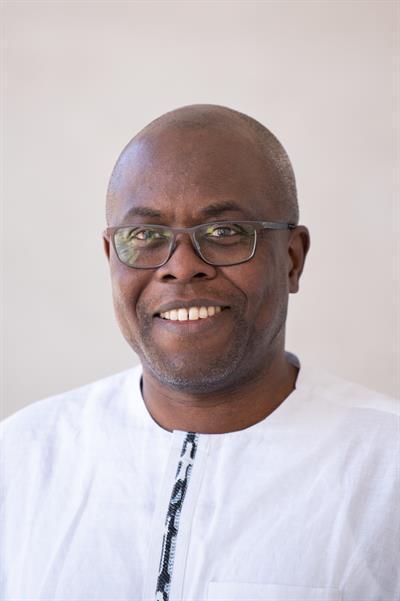
Kasso Okoudjou
Professor
There are two groups of projects for undergraduate students. The first group of projects is centered on the theory of frame theory in finite-dimensional Euclidean spaces. Frames are spanning sets for these spaces and have some very interesting properties and applications. The second group of problems is related to developing a theory of calculus on fractals, such as the Sierpinski triangle. We are interested in defining functions such as polynomials, sine, and cosine, and to explore their properties.
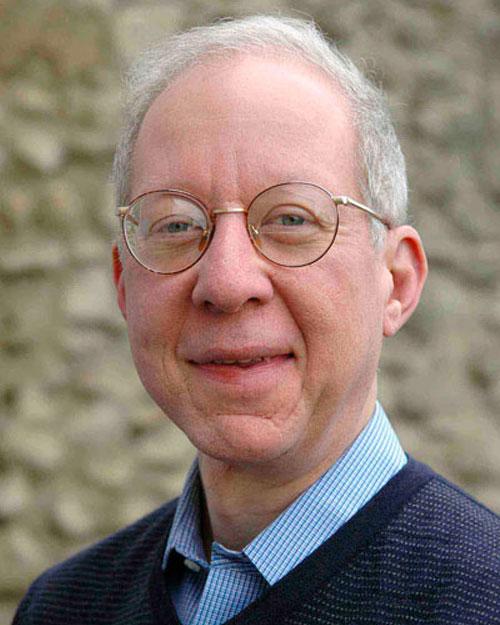
Todd Quinto
Robinson Professor of Mathematics
Project Title: Algorithms in Limited Data Tomography
Project Description: I am excited to work with VERSE students this summer on tomography (the math behind X-ray CT scanners, radar, and other cool technologies). We will focus on limited data tomography—when some data are missing. During our research project, I will first teach you about the field and the underlying math. Then, you will program an algorithm that we will develop together. You will test it and evaluate the performance of the algorithm—how well it reconstructs objects. Typically, such reconstructions show parts of the object better than other parts, and they can have streak artifacts. You will conjecture which limitations in the reconstruction are caused by the algorithm and which are intrinsic to the problem, and you will use this information to refine the algorithm. You will learn the mathematics that explains strengths and limitations of limited data tomography. We will work on limited data problems for novel new types of tomography, Compton tomography or Photoacoustic tomography.
Desired Background: Calculus plus some knowledge of Matlab or a high-level computer language are recommended.
Occupational Therapy
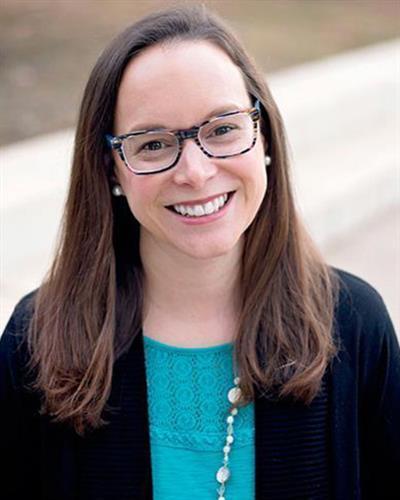
Elizabeth Marfeo
Associate Professor
This project will be working in the Health & Productive Aging Lab. Projects may include either qualitative methods (interviews) or quantitative approaches (survey development and statistics) to examine factors related to promoting community participation among older adult populations.
Physics & Astronomy
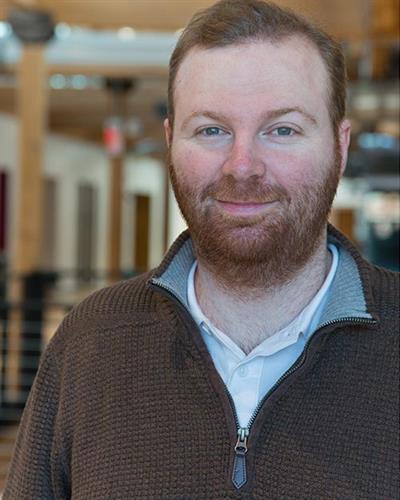
Mark Hertzberg
Associate Professor
The student will engage in research in the field of theoretical cosmology. Topics can include dark matter, theoretical aspects of gravity, and connections to particle physics. The student will perform comparisons between theoretical predictions and data. Prerequisites include some background in math and physics, and preferably some computing experience.
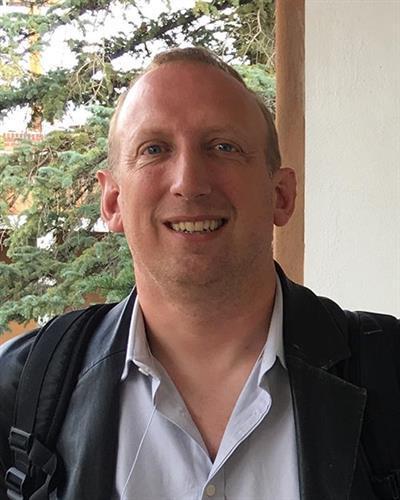
Peter Love
Professor
Students will participate in research in quantum information focused on the use of quantum computers for the simulation of problems in physics and chemistry. Completion of a course in linear algebra and a course in quantum mechanics is preferred. Familiarity with programming in Python, Mathematica is also desirable.
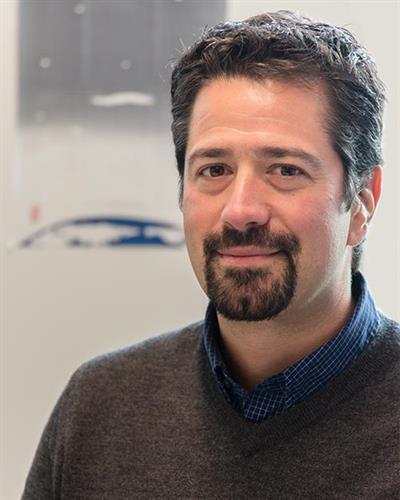
Danilo Marchesini
Professor
The student will engage in research in the field of astronomy. Topics can include formation and evolution of galaxies and actively accreting super-massive black holes. Prerequisites: any prior programming experience, with basic knowledge of Python or IDL, preferably; some background in math and science.
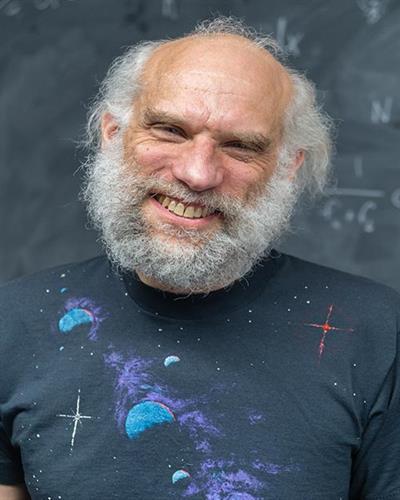
Ken Olum
Research Professor
Students will do data analysis for the NANOGrav project, which studies gravitational waves via precision timing of pulsars. Students must have experience programming in python.
Psychology
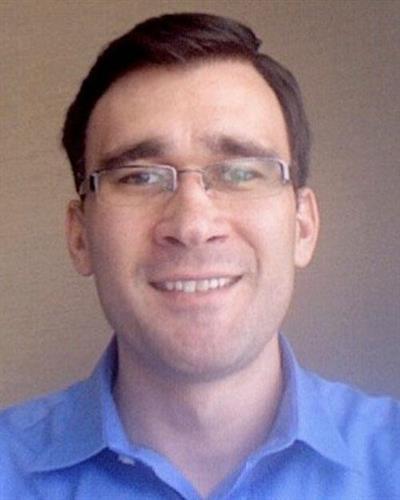
Paul Muentener
Assistant Professor
The Cognitive Development Lab focuses primarily on the development of causal learning and exploration across childhood. Planned projects include studying the role of memory in children's causal learning as well as how parent-child interaction influences how children explore, talk, and learn about cause and effect. Prior coursework in developmental psychology, cognitive psychology, or cognitive science is helpful, but not required.
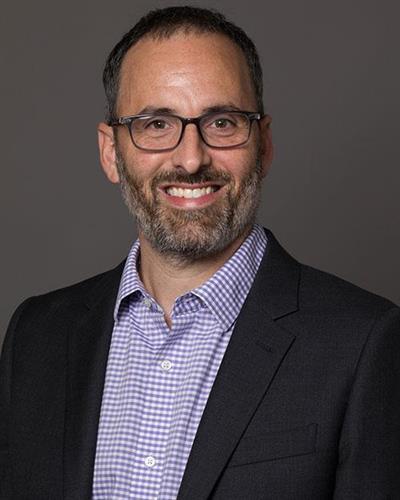
Samuel Sommers
Professor and Chair
The Racial Equity & Diversity Lab at Tufts University conducts experimental social psychology research with the aims of understanding and addressing contemporary racism. Current lab research projects include:
- How people respond to others’ assertions of racism
- Racial differences in perceptions of police policy and practice
- Racism as trauma: the psychological, physiological, and neural consequences of experiencing discrimination
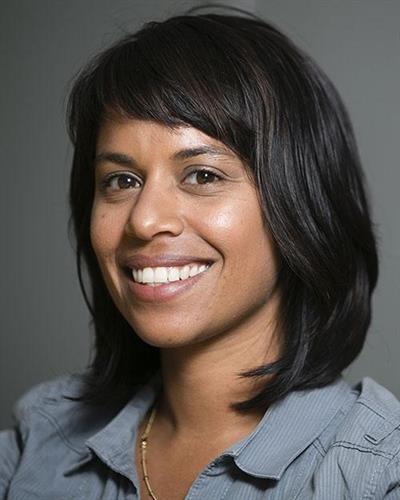
Ayanna Thomas
Professor and Dean of Research for Arts and Sciences
The overarching goal of this research is to support the development of new approaches to math education that directly acknowledge, and address, two misleading ideological assumptions fostered by structural and systemic racism: that math ability is innate and that observed progress in math under the dominant approach is merit-based. For this preliminary study, we will examine the impacts of instructors' actions on math-related physiological stress and self-reported anxiety among students. Students with a background in Psychology are encouraged to apply as we will use experimental quantitative methods. Students will learn laboratory techniques of stress induction, and how to take physiological measurements of acute stress using biosensing technology.
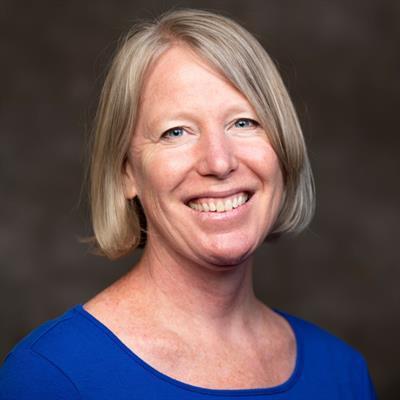
Heather Urry
Professor
I'm excited to work with undergraduate students in the VERSE program. Our research in the Emotion, Brain, and Behavior Laboratory focuses on understanding emotion and emotion-regulatory processes. We're currently addressing questions about emotion and emotion regulation in performance situations. For example, in what ways do people regulate their emotions in stressful performance situations? How do people make predictions about their future emotions and do their predictions relate to performance of stressful tasks? How does time pressure influence stress responses and task performance? We've been focusing on route planning as a performance context of interest and are interested in other performance contexts too. We've primarily used behavioral, online methods in the past year. If the public health situation allows it, we plan to use psychophysiological methods as well (skin conductance, electrocardiography, facial electromyography, eye tracking).
School of the Museum of Fine Arts at Tufts
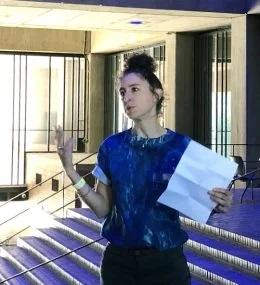
Jeannie Simms
Professor of the Practice
Working with collaborators in Southern Italy I am producing a film that looks at issues of survival and care in an evolving society. The film and my research looks at methodologies of intercultural care as recent immigrants and refugees and long-standing residents share their streets and communities. The student researcher will help with analyzing film footage, support editing story lines within, and participate in follow-up interviews. Additional research will be conducted on the politics of immigration, and the laws and philosophies of citizenship.